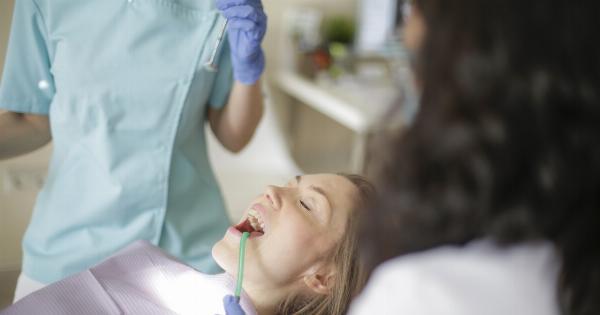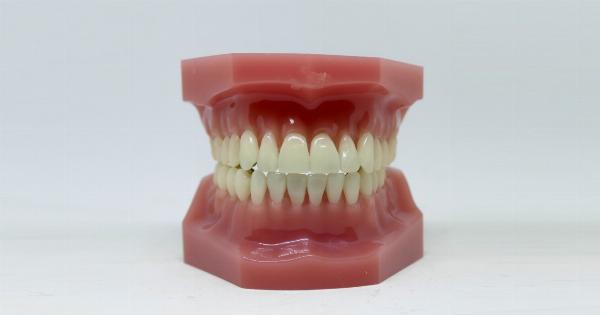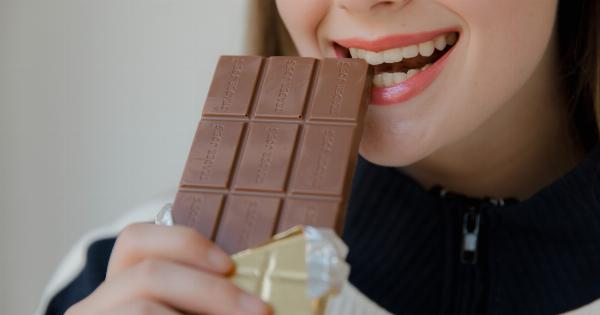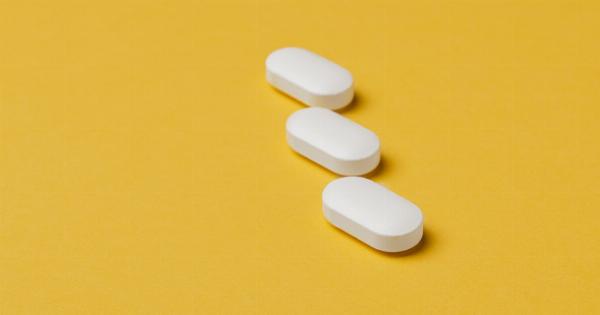There’s nothing like a cup of coffee in the morning or a glass of wine after a long day, but unfortunately, these are two of the biggest culprits when it comes to staining your teeth.
If you’re a coffee or wine lover, you may have noticed that your teeth aren’t quite as white as they used to be. Fortunately, there are plenty of things you can do to prevent staining and keep your teeth looking bright and healthy.
Understanding the Science of Teeth Staining
To understand how coffee and wine stain your teeth, it’s important to know a bit about tooth enamel. Enamel is the hard outer layer of your teeth that protects the softer, more sensitive inner layers.
While enamel is incredibly strong, it’s also porous, which means that it can absorb pigment from foods and drinks that we consume.
Coffee and wine contain chromogens, which are compounds that give them their deep colors. These compounds can stick to enamel and cause discoloration over time, especially if you consume these drinks regularly.
Tip #1: Drink Water with Your Coffee or Wine
One of the simplest ways to prevent staining is to drink water while you’re enjoying your coffee or wine. Water helps to dilute the pigment and wash it away from your teeth. It also helps to keep you hydrated, which can improve overall oral health.
Tip #2: Use a Straw
Another way to minimize contact between the pigment and your teeth is to use a straw. This allows the liquid to bypass your teeth and go straight to the back of your mouth.
Just be sure to position the straw toward the back of your mouth rather than against your teeth.
Tip #3: Brush and Floss Regularly
Brushing and flossing are crucial for maintaining good oral health, but they can also help to prevent staining.
Brushing removes surface stains and prevents plaque buildup, while flossing removes any food particles that could cause discoloration over time.
Tip #4: Use Whitening Toothpaste
Many toothpastes contain ingredients that are designed to remove surface stains and brighten your teeth. Look for a whitening toothpaste that contains hydrogen peroxide or bicarbonate, which can help to break down the chromogens that cause staining.
Tip #5: Try Oil Pulling
Oil pulling involves swishing a small amount of oil (such as coconut oil) around in your mouth for several minutes, then spitting it out. This practice has been used for centuries in traditional medicine as a way to improve oral health and whiten teeth.
While there’s no scientific evidence to support these claims, many people find that oil pulling helps to remove surface stains and freshen breath.
Tip #6: Visit Your Dentist Regularly
If you’re concerned about staining or want to improve the overall appearance of your teeth, visit your dentist regularly. They can provide professional cleaning and whitening treatments that are much more effective than over-the-counter remedies.
Your dentist can also identify any underlying issues that could be contributing to discoloration, such as decay or gum disease.
Tip #7: Cut Back on Coffee and Wine Consumption
This may not be the most appealing option for coffee and wine lovers, but in some cases, cutting back on consumption is the best way to prevent staining.
If you can’t imagine giving up your daily cup of joe or evening glass of cabernet, try to limit yourself to just one or two servings per day and be sure to use the tips above to minimize staining.
Conclusion
Stained teeth from coffee and wine can be an unsightly problem, but with a few simple steps, you can prevent and minimize discoloration.
From drinking water and using a straw to brushing regularly and visiting your dentist, these tips can help you keep your teeth looking bright and healthy.




























